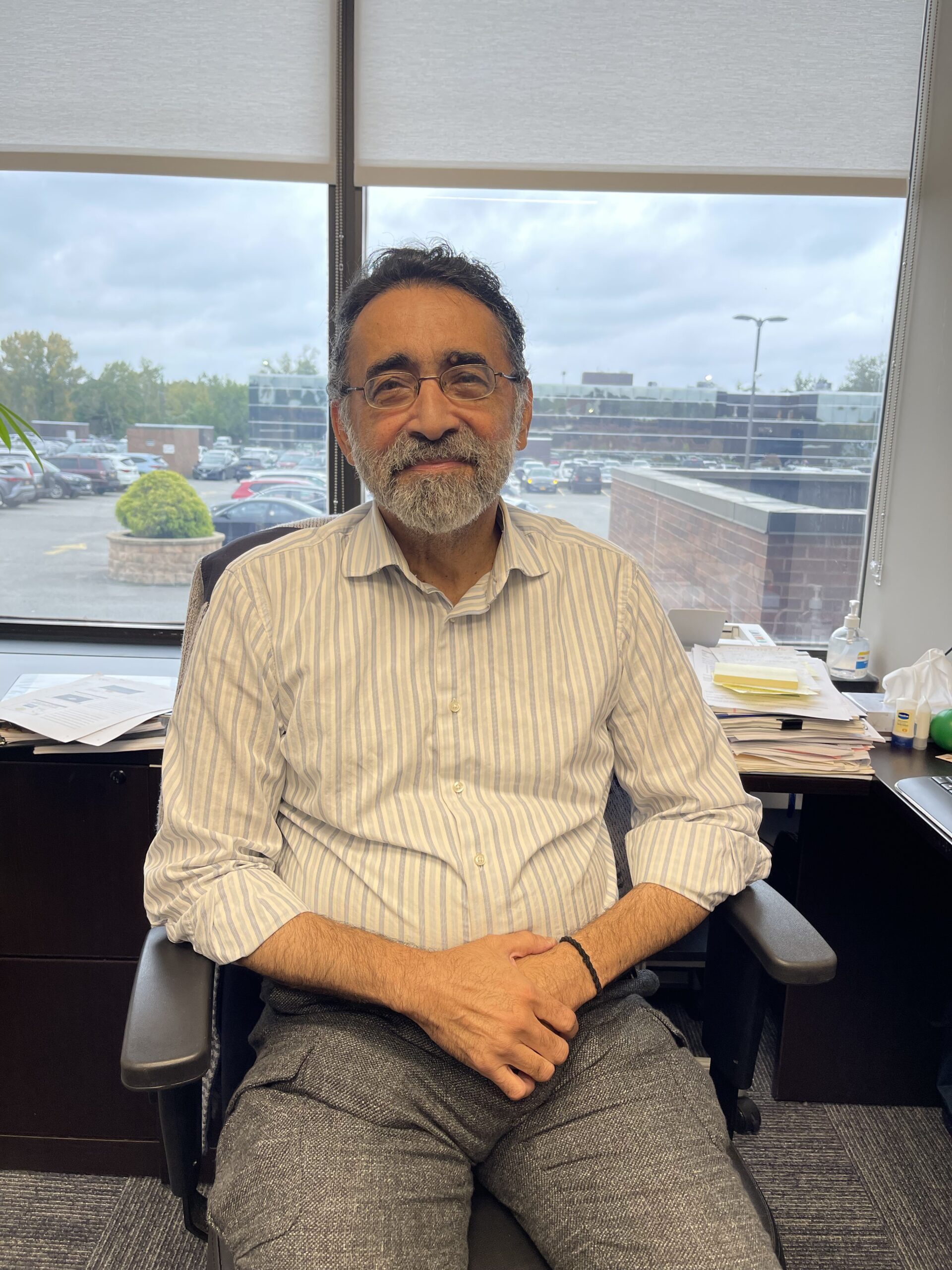
This is Dr. Banilivy. He is an experienced clinical psychologist and the VP of Education, Training, & Client/Staff Wellbeing at WellLife Network (WLN). He has been at WellLife Network for the past 35 years in various capacities.
In the early part of his career, Dr. Banilivy focused on providing individualized treatment for individuals of all ages suffering from mental illness.
Dr. Banilivy began his professional career in Boston, starting with a specialty fellowship working with couples, families, and those with psychosomatic conditions, including eating disorders, in both in-patient and out-patient settings. “In working with individuals who have difficulties in functioning, we always have to consider family of origin—it begins with understanding the family unit.”
Shortly after his fellowship, he joined North Shore Hospital as a psychological consultant to pediatric specialties, including co-leading an adolescent eating disorder program. Subsequently, he joined WLN.
During his time at WLN, Dr. Banilivy has been involved in developing several programs, serving in a leadership capacity; in addition, he collaborated with NYSOMH to implement a school-based mental health program in several school districts. These programs allowed Dr. Banilivy to reduce silos and promote partnerships and collaborative work with multiple agencies and entities, government and otherwise. “The school projects became a highly effective program because families did not have to run around looking for services; they were all housed in one building—the school.” His partnership with various schools and school organizations continues to this day.
He was also part of a committee that oversaw psychiatric emergency departments with the purpose of advancing collaboration with CBOs and schools. “I learned a great deal while serving in that capacity, and I am glad I was able to be part of the advancement of the mission of reducing referral of individuals to the emergency rooms, both adults and children.”
In his many years representing WLN, he recalls a specific time the Board of Education invited him to speak to school administrators following a crisis event. “The question we wanted to focus on was: how do we help youth as well as the families and adults cope with this unfortunate and tragic event.”
While there is much work to be done in the field of mental health, Dr. Banilivy believes that everything begins with primary prevention, educating young people about the importance of emotional health/mental health.
“As a society, we must prioritize mental health and address stigma and myths about mental illness. The youth need to be able to identify how their emotions affect their functioning and how to deal with stress in a healthy manner. I think that as a foundation, we should continue to teach about mental health like we teach about physical health.”
Today, he supervises and develops evidence-based programs.
